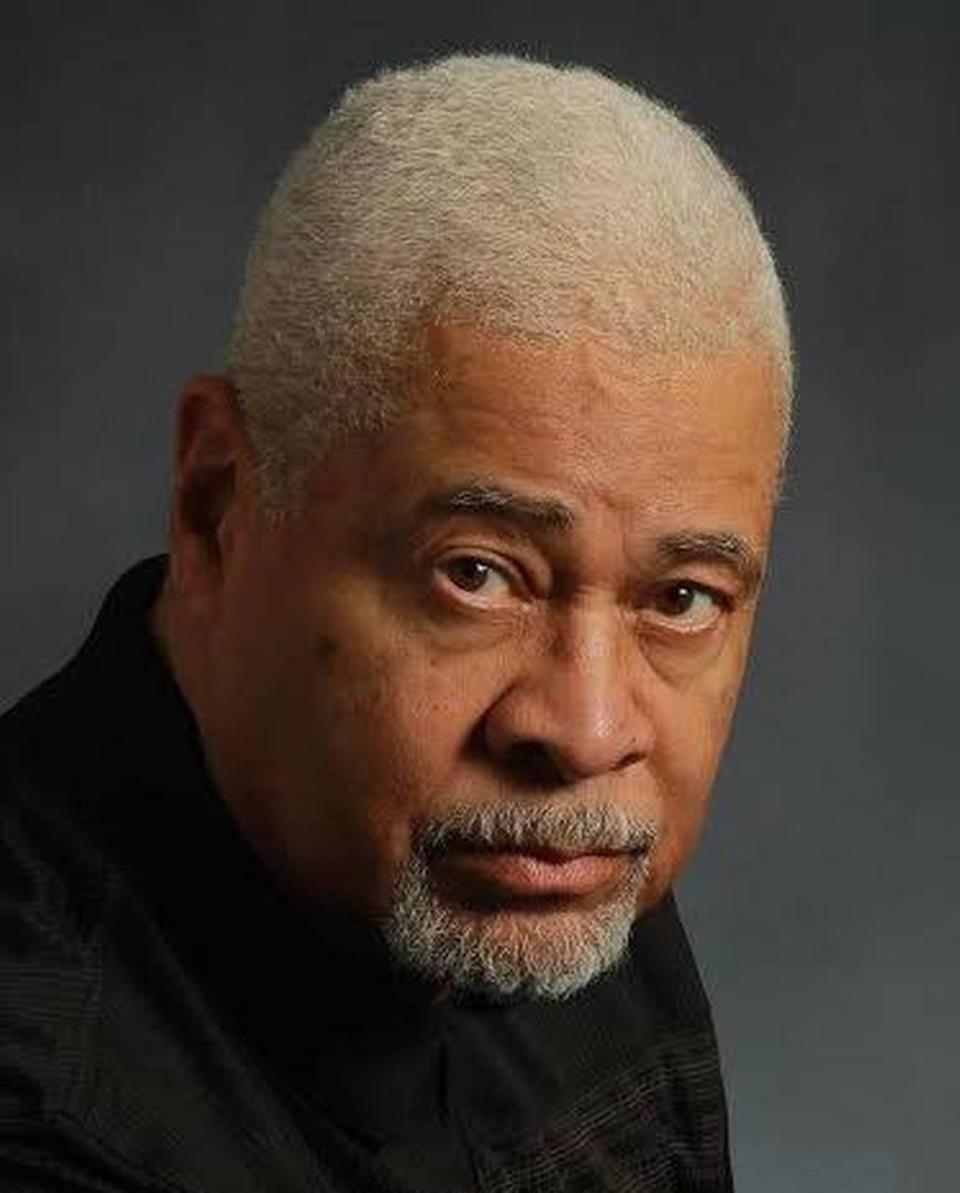Under the baobab: Reflections on Coolio, who made a Centre County appearance in 2021
Coolio, a friend and colleague, joined the ancestors last week. He was 59 years old. He had been a major influence in the rap scene. He performed in Centre County last year at the We Are Inn in Philipsburg. He was also an actor.
I first met him in South Africa in 2002. We were in an action adventure film called “Red Water.” The story was about a shark that invades a fresh water river in the USA. It terrorizes an oil rig. It also featured Lou Diamond Phillips and Kristy Swanson. The four of us were the only Americans in the movie. The film had a lot of technical challenges, which gave us a lot of time to hang out and talk. Coolio and I were the only the only African Americans on the set. We had a lot to talk about. I played Hank, the oil engineer foreman. (My PSU students loved the film because half way through I was eaten by a shark.) Coolio played a gangster.
As he told me, in real life, Coolio was a self-admitted, reformed gangster. He even wrote about it. His biggest hit was “Gangsta’s Paradise.” It was named Billboard’s No. 1 song of the year in 1995 and won a Grammy for the best solo rap performance in 1996. That also was the year he married Josefa Salinas, with whom he had four children.
He was born Artis Leon Ivey Jr. in Compton, California in 1963, the year of the March on Washington. In South Africa, we talked about his life’s journey, which resembled but was divergent from many other young rap artists. He was born to a single mother, who nourished and supported her young asthmatic baby. She taught him to read and he read a lot. As a teenager, for protection and companionship he found another family, the gangs of Los Angeles. He started using drugs and became a juvenile offender. There were lots of gang “rumbles.” Ironically, he also fought fires with the California Department of Forestry.
In his 20s he had a spiritual awakening and became a born-again Christian. He discovered he had a talent for performance. He became a rapper. He signed with Tommy Boy Records, known for releases by De La Soul, Naughty by Nature and Queen Latifah. With popular success there came financial prosperity, which provided resources for a resurgent and recurring drug habit. When I met him in South Africa I believe he was clean. But, not for long. I heard in 2009 he had pleaded guilty to drug possession and entered rehab. A half dozen years later he pleaded guilty to a felony firearms charge when a loaded gun was found in his luggage at the airport.
Coolio struggled desperately for happiness. Did he ever find it? Probably not in drugs. Like a long list of other musical geniuses — Coltrane, Lester Young, Billie Holiday, Jimi Hendrix, Janis Joplin, Dinah Washington, Jim Morrison, Elvis Presley, Michael Jackson, Prince, Whitney Houston and many others — drugs contributed to his leaving this world too soon. When we talked in Capetown he seemed content in his spiritual journey but less satisfied with his public recognition. He was popular with the young people in South Africa but he felt the American rap scene had moved on without him.
In this country we reward our artists financially but we neglect them spiritually. They show us the world and ourselves through the lens of their own pain and less often their joyfulness. Our entertainment often comes at the cost of their spiritual balance. Drugs are used to fill those cavities left by the evacuation of despair.
Farewell, brother Coolio, your time with us was blessed by the visions of truth you shared. Your gifts have changed the world forever.
Ubuntu!
Charles Dumas is a lifetime political activist, a professor emeritus from Penn State, and was the Democratic Party’s nominee for U.S. Congress in 2012. He was the 2022 Lion’s Paw Awardee and Living Legend honoree of the National Black Theatre Festival. He lives with his partner and wife of 50 years in State College.

